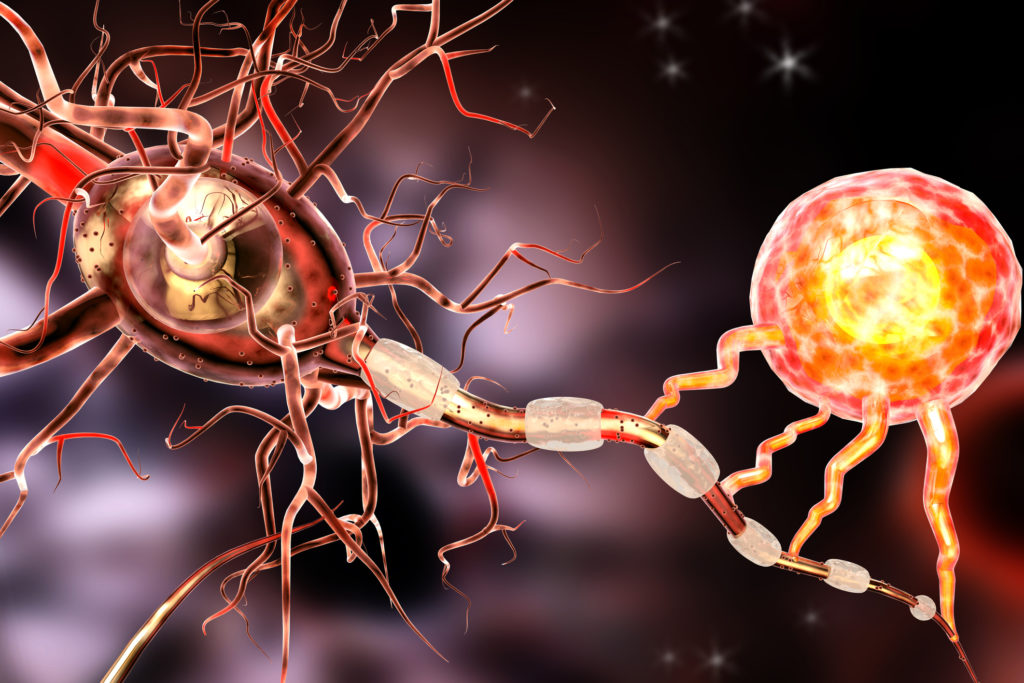What are the symptoms of multiple sclerosis? Is there any treatment?

What are the symptoms of multiple sclerosis? Is there any treatment?
Multiple Sclerosis (MS) is a neurological disease that predominantly affects young adults and is characterized by the damage to the protective sheath surrounding nerve cells. This damage interferes with the transmission of nerve impulses between the brain, spinal cord, and the rest of the body. According to Dr. Mustafa Zafer Demirtaş, a renowned neurology specialist in Alanya, the symptoms of MS can vary significantly from one individual to another, and the course of the disease is unpredictable. This article will discuss the symptoms of MS and the current treatment options available.
Symptoms of Multiple Sclerosis
The symptoms of MS are diverse and depend on which parts of the body are affected by the disease. Dr. Mustafa Zafer Demirtaş lists some common symptoms experienced by MS patients as follows:
- Fatigue: A majority of MS patients experience severe fatigue.
- Vision Problems: Issues such as blurred vision, double vision, and loss of vision can occur.
- Balance and Coordination Problems: Patients may lose their balance or have difficulty with hand and foot coordination.
- Sensory Problems: Numbness, tingling, or burning sensations are common sensory issues.
- Muscle Spasms and Stiffness: Spasms and stiffness can occur in the legs or arms.
- Speech and Swallowing Difficulties: Speech disorders and difficulties swallowing can be present.
- Cognitive Issues: Memory loss, concentration difficulties, and other cognitive impairments may be experienced.
Treatment of Multiple Sclerosis
Dr. Mustafa Zafer Demirtaş emphasizes that there is no cure for MS, but current treatment methods can slow the progression of the disease and alleviate symptoms. Some treatment approaches used in MS include:
- Managing Attacks: Acute attacks can be treated with anti-inflammatory drugs such as corticosteroids.
- Slowing Disease Progression: Disease-modifying drugs like interferon beta and glatiramer acetate can help slow the progression of MS.
- Alleviating Symptoms: Special medications may be prescribed for muscle spasms, fatigue, and pain.
- Rehabilitation Programs: Rehabilitation programs, including physical therapy, occupational therapy, and speech therapy, can help improve functional abilities.
Conclusion
Multiple Sclerosis is a complex disease with effects that vary from person to person. Dr. Mustafa Zafer Demirtaş and other healthcare professionals develop individualized treatment plans to improve the quality of life for patients. Early diagnosis and intervention are crucial in the treatment of MS. Patients are advised to undergo regular health check-ups and consult a neurology specialist without delay upon noticing symptoms.







